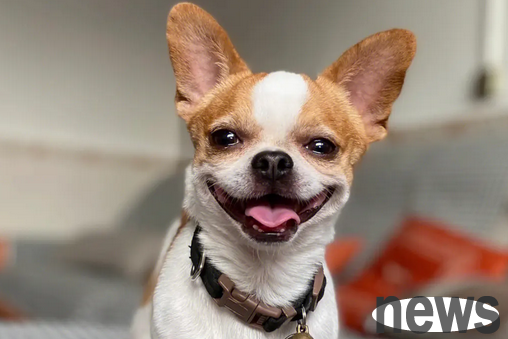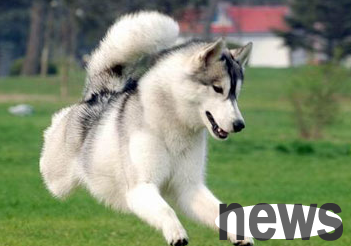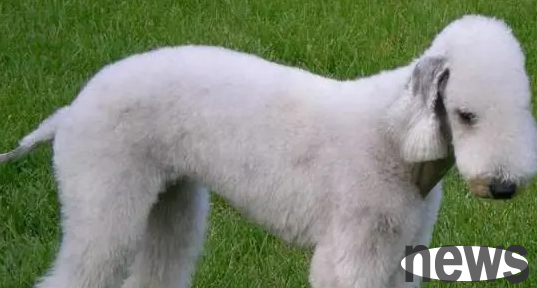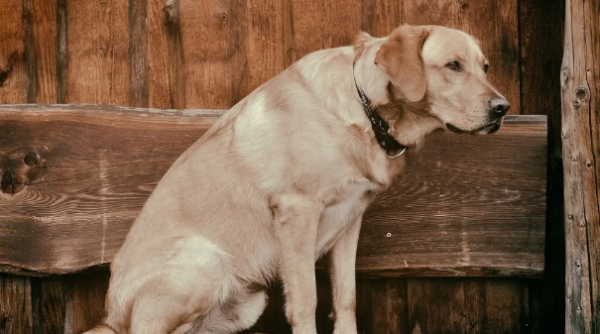The truth is revealed | Wolves are ten times smarter than dogs, is it true?
To understand the puzzle, scientists measured the skulls of 55 wolf and 159 different breeds of dogs, trying to calculate the relative brain capacity of wolves and dogs. The results show that the average brain capacity of dogs is about 99.7 cubic centimeters, while the average brain capacity of wolfs is 131 cubic centimeters.
In other words, the wolf's brain is more than 30% larger than that of a dog. In addition, scientists have also found that the closer the dog is to its kinship with a wolf, the smaller the brain capacity. (Husky: Are you clicking me?) The nickname
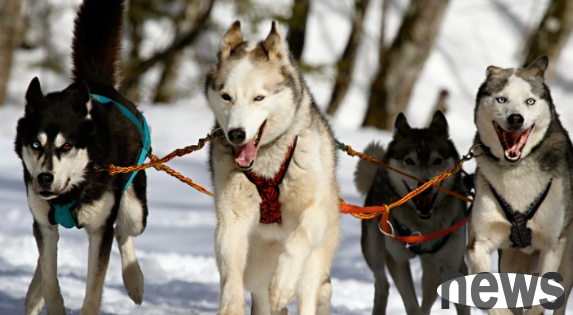
, it seems that the Husky can't get rid of it. (Picture source: pixabay.com)
The test results also show that with human domestication and training, the brain capacity of dogs has also increased slightly, but it has nothing to do with the work that dogs do.
In other words, the IQs of dogs such as search and rescue dogs, drug-killing dogs, guide dogs, etc. are almost the same. In this way, does it mean that wolves are much smarter than dogs? Is it true that the rumor that the wolf is ten times smarter than the dog?
Scientists also disagree with this.
Many scientists believe that we generally measure our cognitive level through a series of skills that animals have. These skills are usually divided into two categories: social cognition and non-social cognition.
Social cognition refers to the skills of individual animals to get along with other animals; non-social cognition refers to the skills of animals to process and manipulate their surroundings.
experiments show that wolves and dogs have different cognitive skills because of different lifestyles.
Because of living with humans for a long time, dogs are better at understanding human movements and instructions. (Image source: Michaela Sebova via Shutterstock)
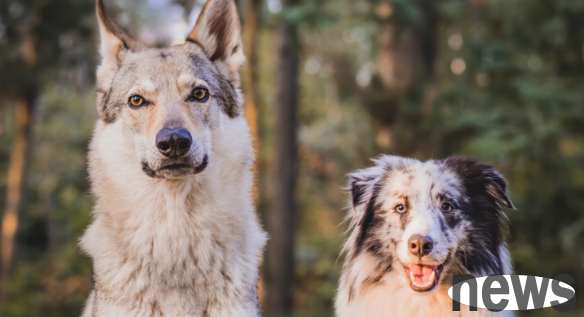
In a 2021 study, researchers placed two cups upside down on a table, with food hiding underneath one of the cups. Then, they asked 44 puppies and 28 wolf cubs to try to find food through tips such as fingers or gazes.
The puppies are twice as likely to find food successfully than their "cousin". Researchers believe that dogs are naturally better able to understand the intentions behind people’s gestures.
However, in another 2017 study, the researchers shaking a cup containing food to the dog and wolf, respectively, and showed them the food in the cup, making sure both the dog and the wolf identified the cup with food. When the researchers shake another empty cup again, the dogs will still come forward to try to get food, while the wolf will often remain unmoved. This shows that wolves are naturally easier to understand causality than dogs.
After many tests, researchers found that wolves living in the wild have to forage on their own, so they are better at cooperating with each other. Dogs that have been kept in captivity for a long time are usually better at performing tasks with humans.
So, simply saying that a wolf is smarter than a dog or a dog is smarter than a dog is smarter. They just become more adaptable to their living environment during their evolution.







